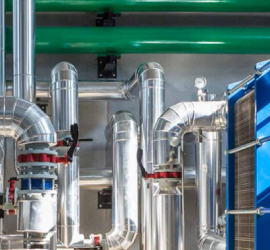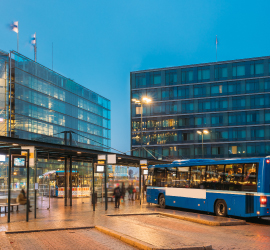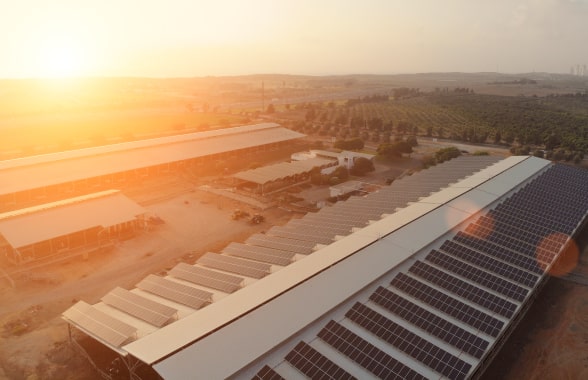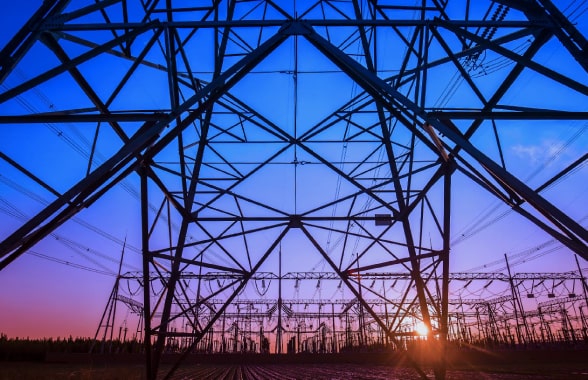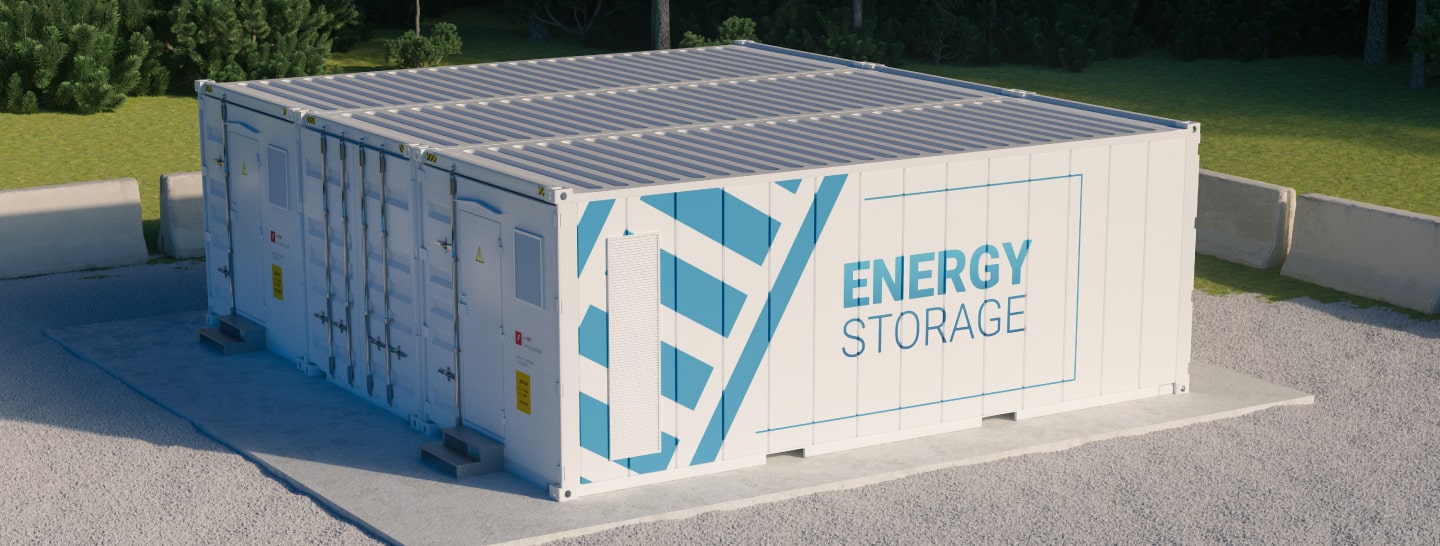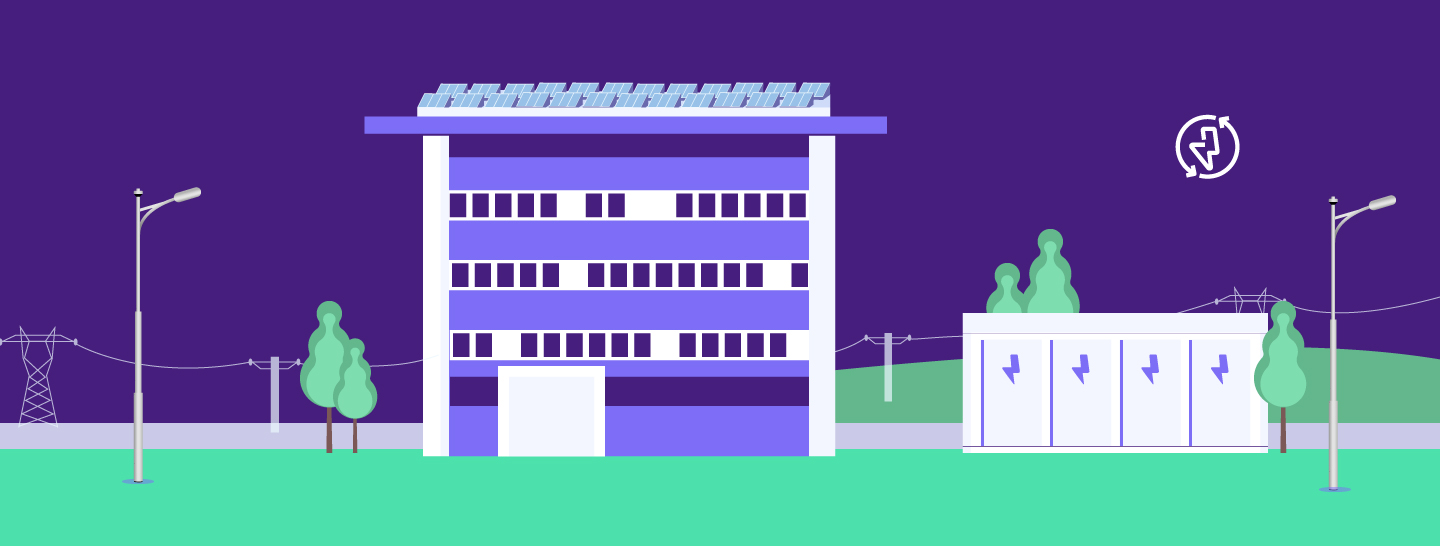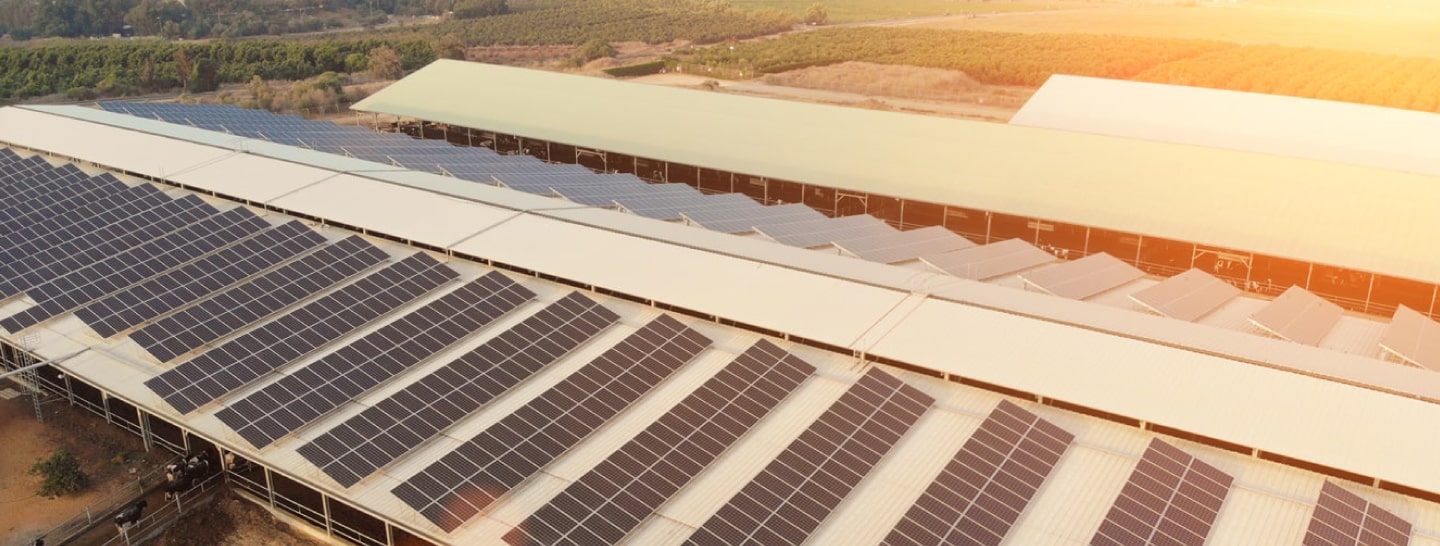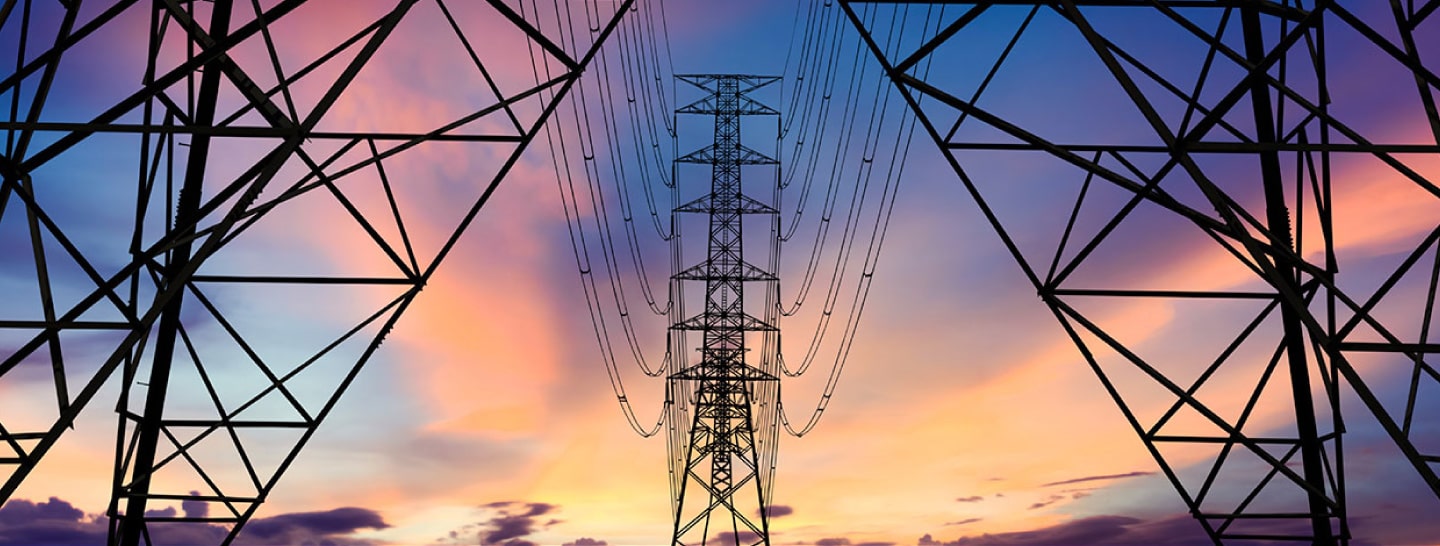Energy resilience is a strategy designed to ensure a stable and reliable energy supply, as well as devising an emergency plan to cope with a disruption from events like extreme weather, natural disasters, equipment failure or human error. A sudden energy outage can cause business interruptions in vital sectors such as manufacturing, transportation, health care and education. This makes energy resilience business-critical, especially when people’s lives could be at stake. Energy resilience goes beyond having a contingency plan in case of an emergency. An energy resilience strategy involving self-consumption from renewable energy sources can help businesses also achieve sustainability targets and contribute to the fight against global warming. And it also can protect companies against price volatility and fluctuations in supply due to geopolitical events such as wars or energy shortages.
Why is energy resilience important in business?
Energy resilience is critical to maintaining operations and reducing commercial risk. For example, if a food manufacturer experiences a power failure, that could have negative repercussions on the business. How the food manufacturer deals with the power failure — for example, whether or not it has a backup system, how fast the backup kicks in, and how much or how little product is lost due to the outage — makes up its business continuity, or a company's ability to continue operations following a disruption. Energy resilience for business continuity is therefore an important aspect of risk management. Energy resilience is also one of the elements of business resilience, or a company's ability to adapt in a changing environment, according to the ISO. The difference between business resilience and business continuity is that the first refers to how a company evolves in response to lasting change, while the second refers to how a company responds to an unforeseen event.
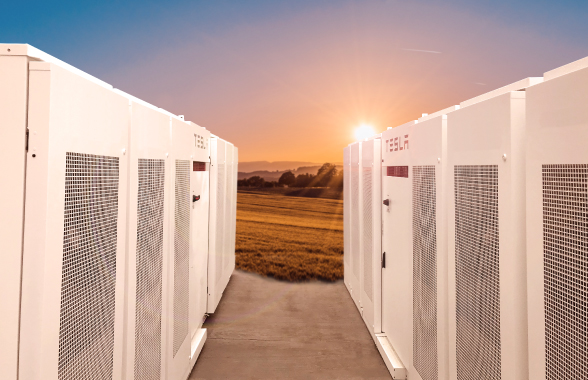
How does energy efficiency make companies more resilient?
Reliance on fossil fuels is becoming increasingly costly as governments introduce legislation designed to curb emissions. Taking steps to mitigate these financial risks — such as making a company's facilities and operations more energy efficient, or introducing renewables into its portfolio — are strategies for energy resilience. This is also why business resilience and sustainability are so closely intertwined: companies must adapt to the changing market in order to survive. This adaptation must include embracing the transition to clean energy and sustainable processes of production.
How can an energy storage and self-consumption plan make your business energy resilient?

Any effective energy resilience plan should include self-consumption, or the capability to generate own power from renewable resources and use it for energy consumption when needed. This is becoming an increasingly more common choice as digitalization and technology make the energy market more flexible and decentralized. Self-consumption means that a business is no longer completely reliant on the electricity grid for power to run its operations, making the company, facility, public building or factory able to keep operating in the event of a blackout caused by weather or equipment failure. Battery storage systems are an important tool for energy reliance, because these advanced technological systems allow a user to store energy for later use.
They can offer a variety of hardware and software solutions depending on the degree of energy resilience that a business needs, and can store energy either drawn from the electricity grid or generated from self-consumption by renewable energy sources like solar or wind. When paired with battery storage, self-consumption becomes an even more effective part of any energy resilience strategy.
How to develop a business energy resilience plan?
There are many ways to develop a resilience plan for your business. For example, by integrating distributed energy generation systems with battery energy storage for optimum exploitation of renewables such as the sun or the wind. Another way to become more energy efficient and resilient is to join a Demand Response program to monetize energy flexibility while decarbonizing.


